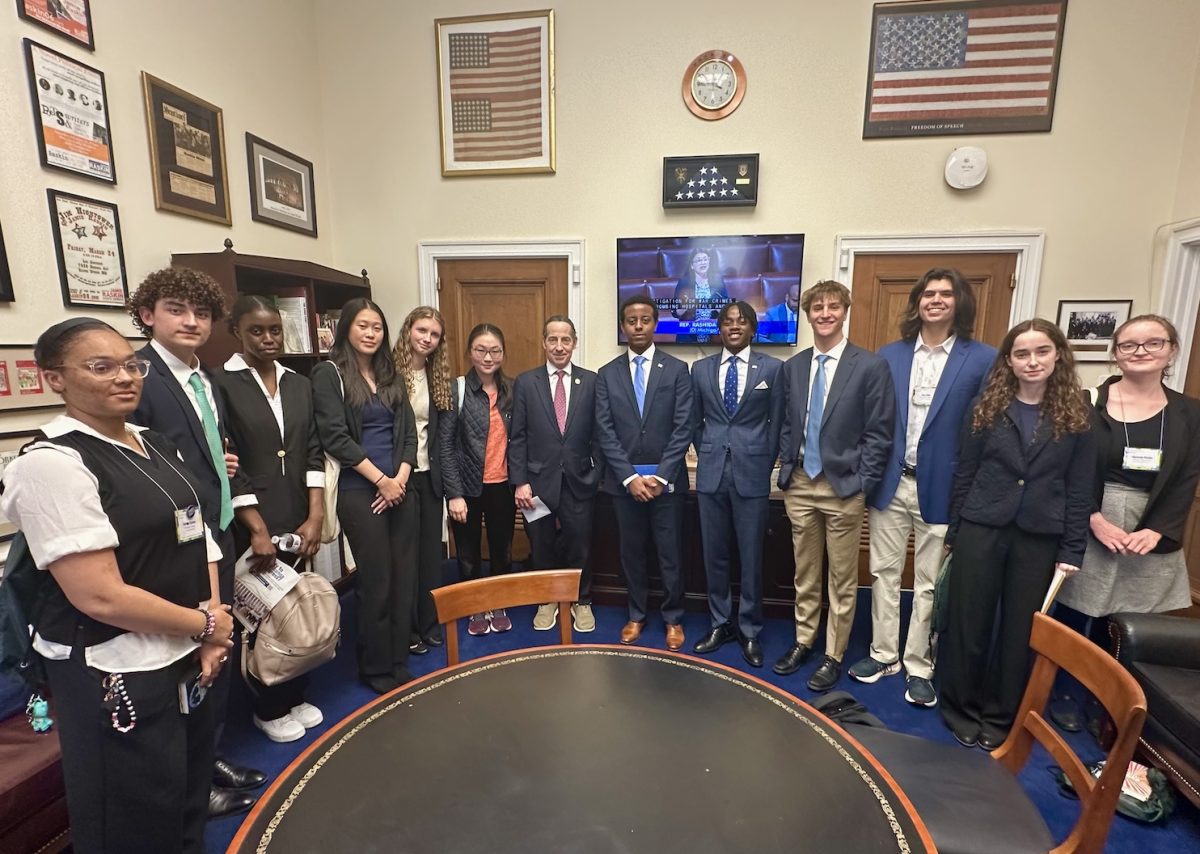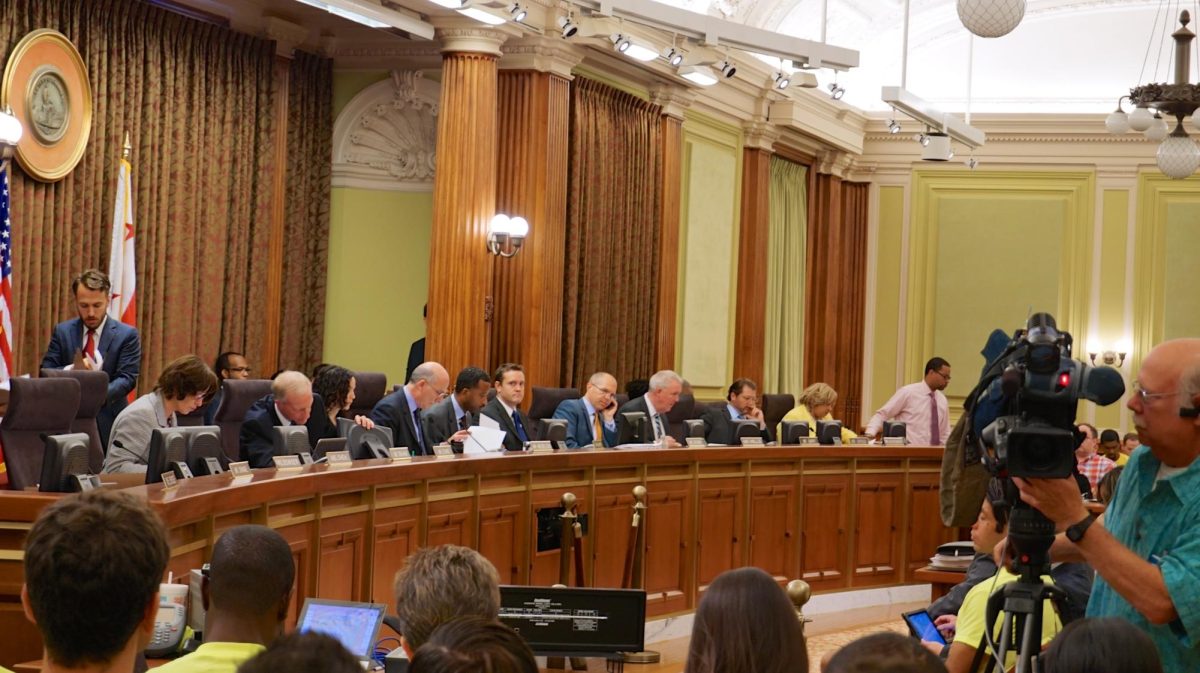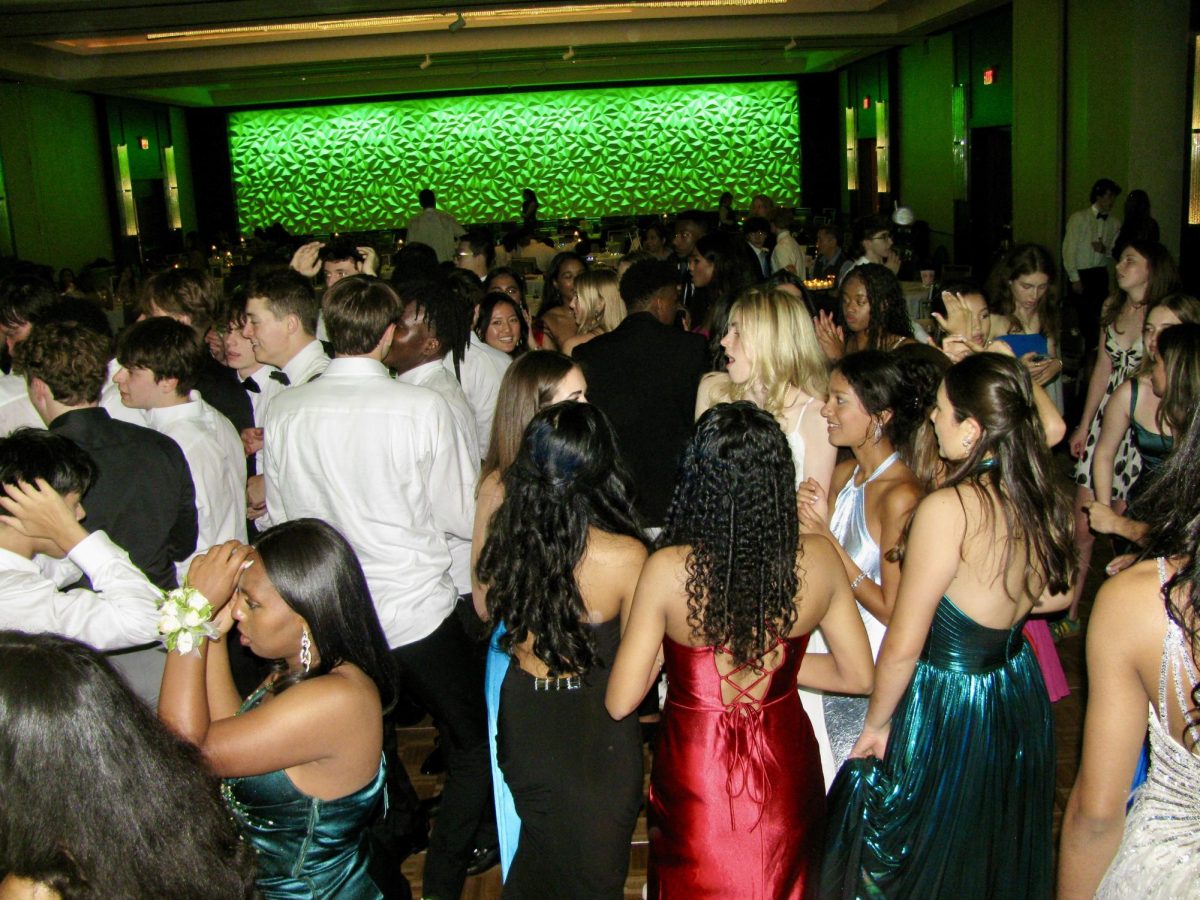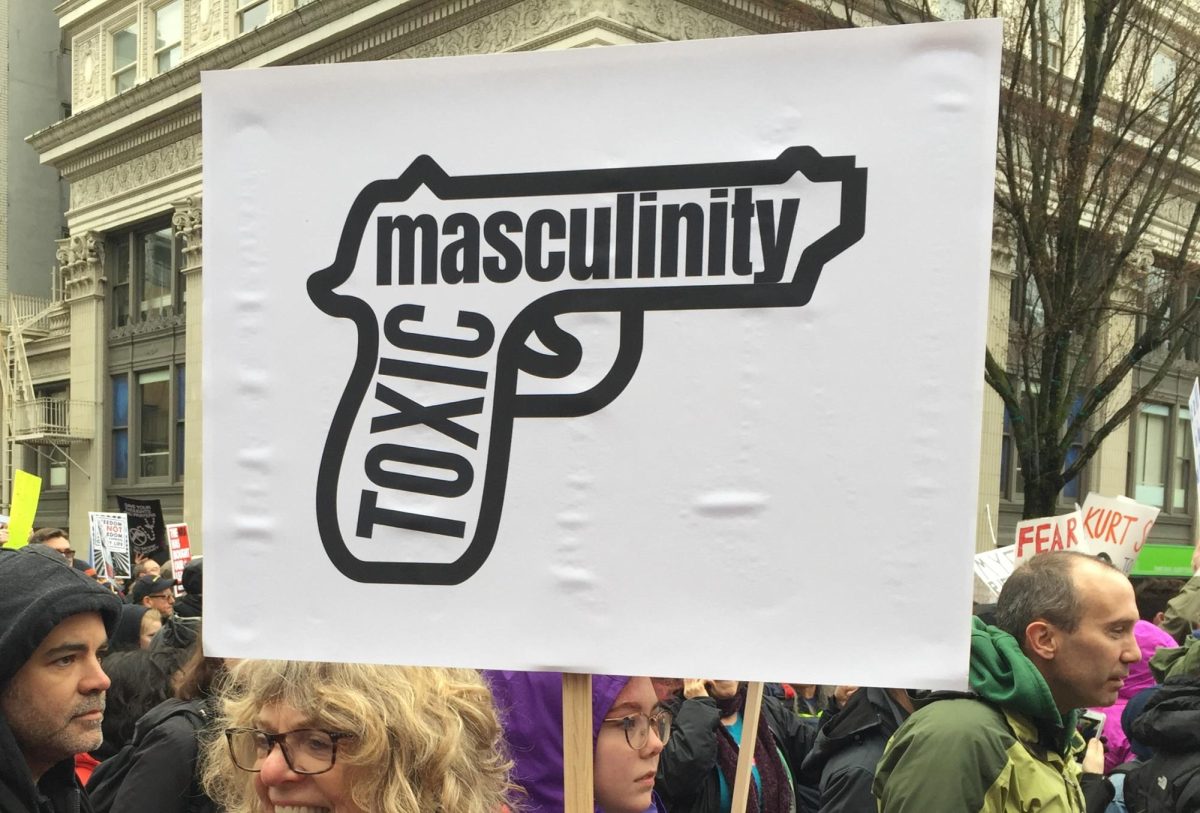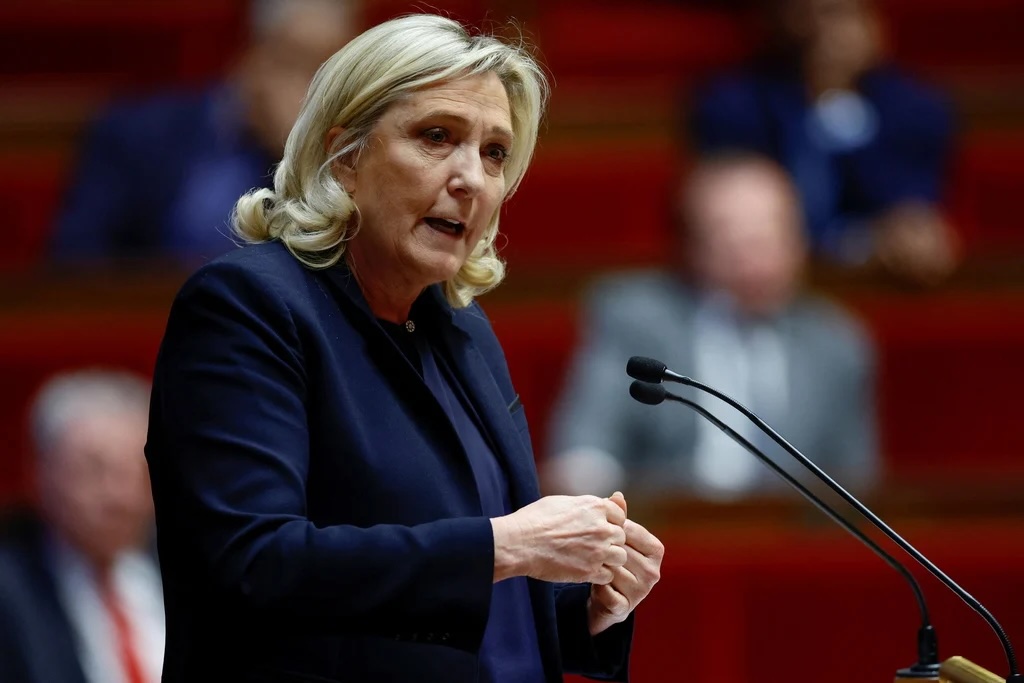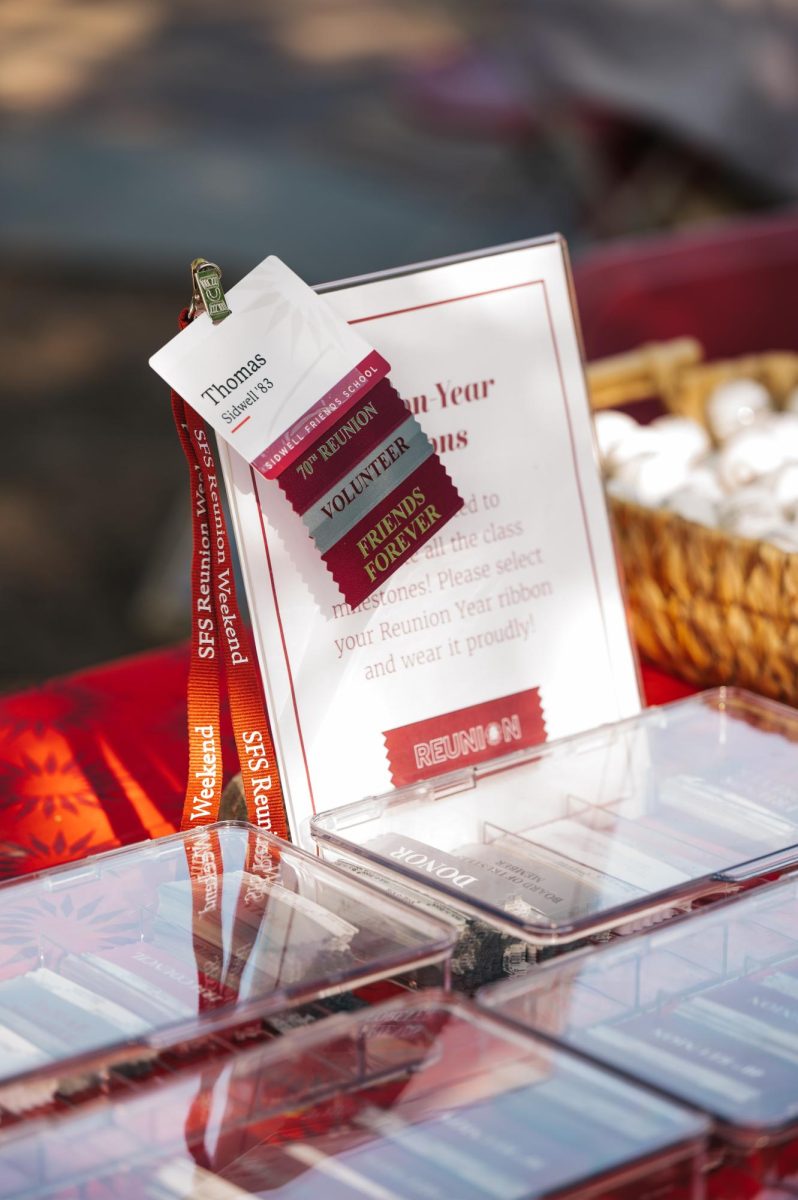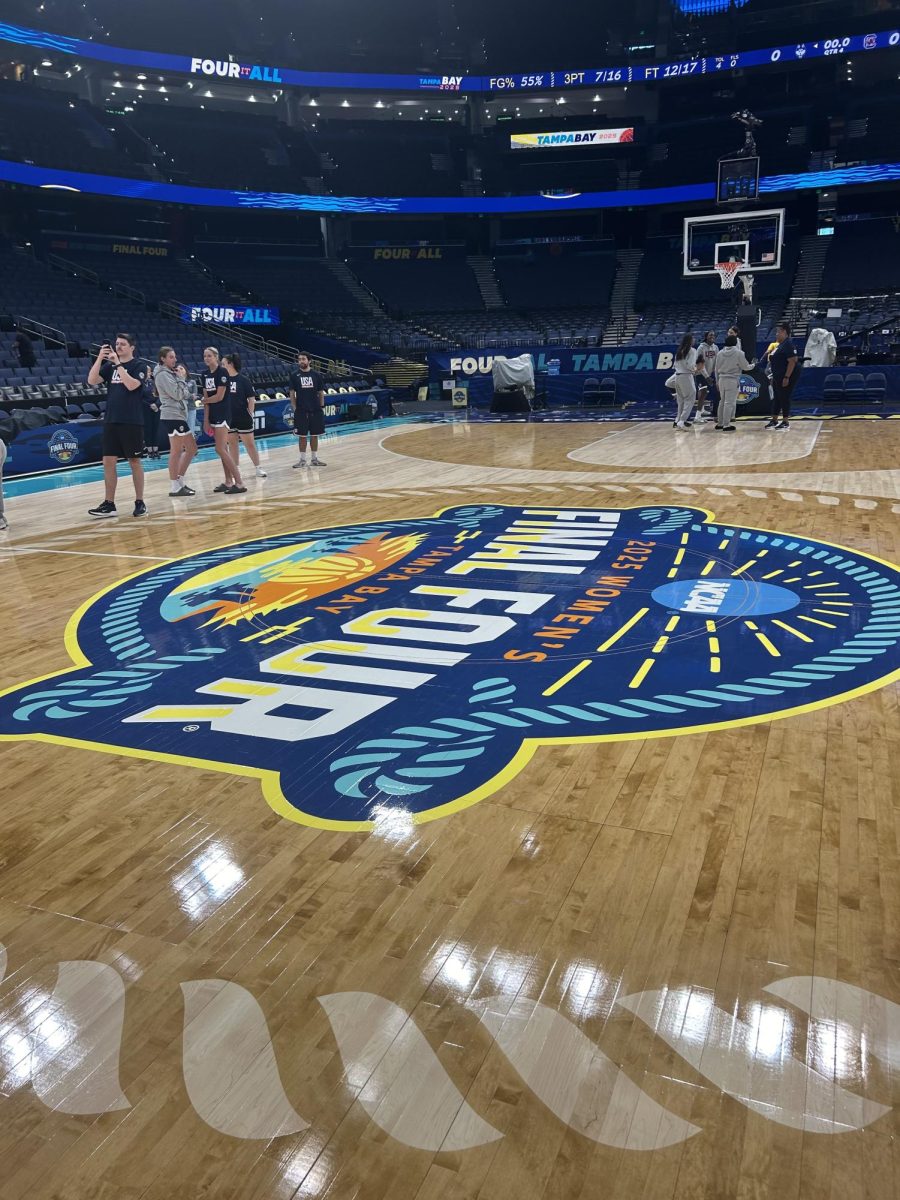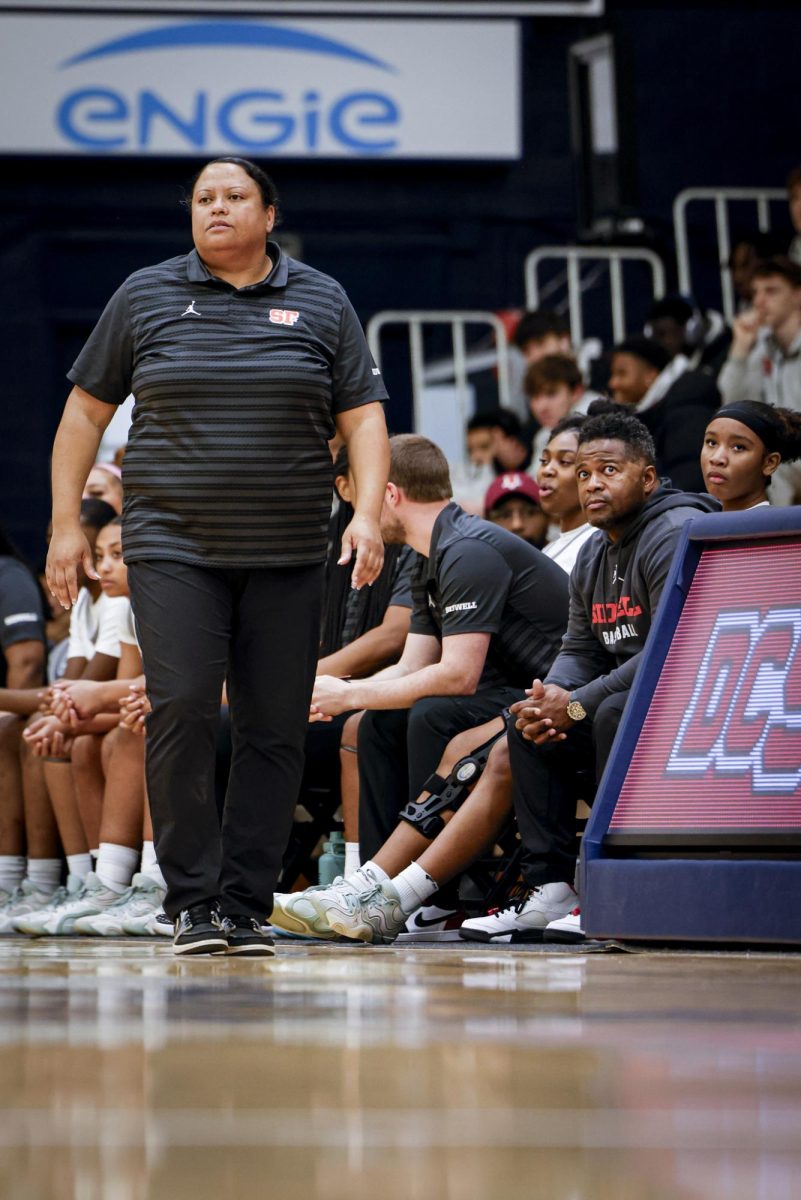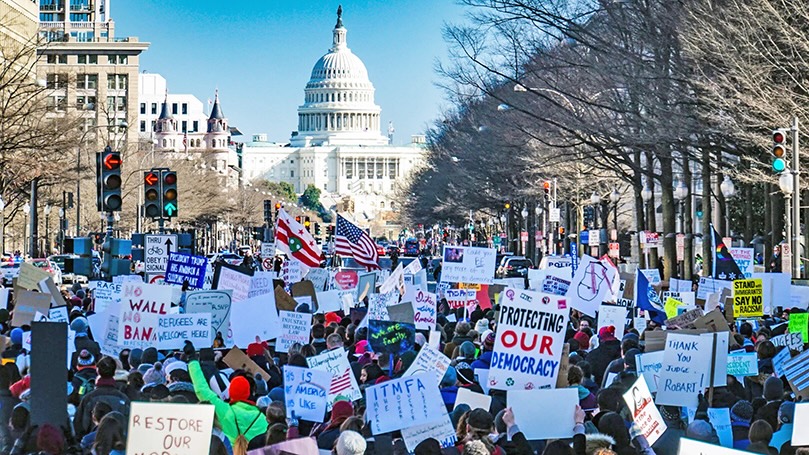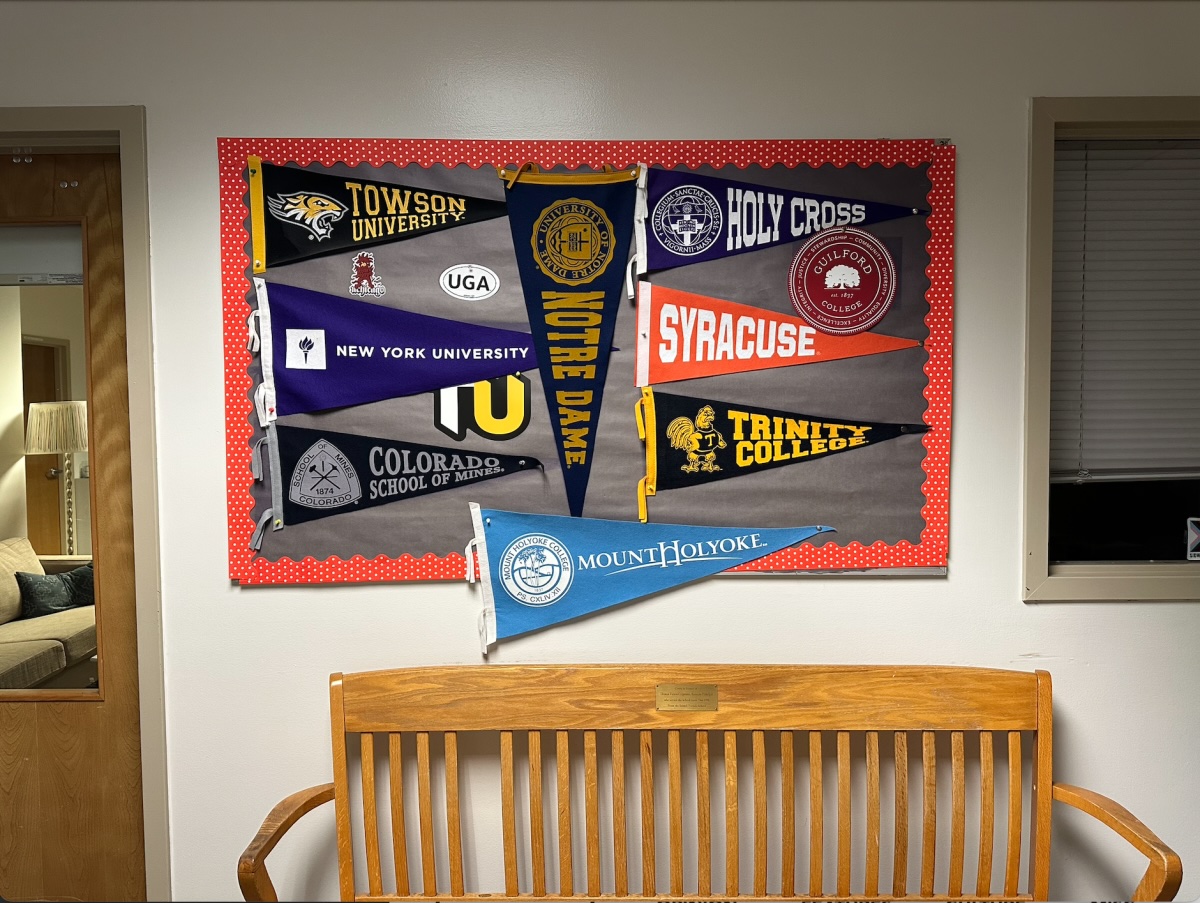Recently, Americans have become more divided than ever. According a poll by the Pew Research Center, 55% of Democrats and 49% of Republicans are “afraid” of the opposite party. Among the politically-engaged, mainly young, Americans, those figures jump to 70% of Democrats and 62% of Republicans. Increasing political polarization between these demographics will only harm young Americans as polarization fractures towns, families and communities around the country.
Political divisions seep down from political offices into local communities, school boards and towns as divisive rhetoric takes hold in the minds of Americans. Nowhere is this more evident than in the culture wars taking place in schools across the nation. “Parents’ rights” groups, such as the Florida-based organization Moms for Liberty, have transformed previously mundane school board meetings into partisan showdowns.
Florida leads the nation in book bans, with 2672 titles being challenged by parents and pressure groups like Mom’s for Liberty in 2023 alone. The fights over the presence of books containing references to civil rights, LGBT characters and social justice themes in school libraries inhibit teachers’ ability to effectively teach their students critical thinking skills. At a time when teacher shortages have struck public school systems across the country, educators are frustrated with their voices being drowned out in favor of contentious groups like Moms for Liberty and are consequently looking to leave teaching. Teachers feeling that their every decision is being questioned and scrutinized in culture wars is extremely damaging to the public educational system.
Parents and community members seeking to reshape the public education system incorrectly believe that students are not perceptive to their changing educational environment, the additional burden on their teachers and the missing titles in their libraries. The harm to students is evident, with students adopting the divisive rhetoric of their surroundings. In a recent UCLA study, 69% of principals surveyed reported students had made derogatory remarks to classmates of a differing political stance. In congruence with the larger attacks on LGBTQ identities in books, 24% of principals reported multiple attacks on LGBTQ+ students, up 9% from 2018.
The consequences of allowing groups to grandstand, drag previously common beliefs about the importance of America’s public education system into question and sow seeds of distrust in community members have come home to roost. Additionally, increasing political polarization will have detrimental effects on the mental health of America’s youth. America is facing a unique crisis of loneliness and poor mental health, as noted by Surgeon General Vivek Murthy who has frequently called mental health the “defining public health crisis of our time.” Political polarization and the manner in which it separates people to extremes will only exacerbate the mental health and loneliness epidemics America is facing.
In a 2023 Pew Research Center poll, 8 in 10 Americans expressed negative feelings when thinking about the state of American politics. Furthermore, a 2023 study found that 40% of Americans cited politics as a source of anxiety, insomnia and even suicidal ideation. These effects are more pronounced among younger, politically involved Americans whose exposure and interaction with the news is higher. America must work to reduce political polarization in order to save America’s youth from its detriments. Politicians, pundits and citizens alike must come together to transcend the efforts of a divisive few to split this nation into a red and blue America and instead reaffirm the belief in a united America.








